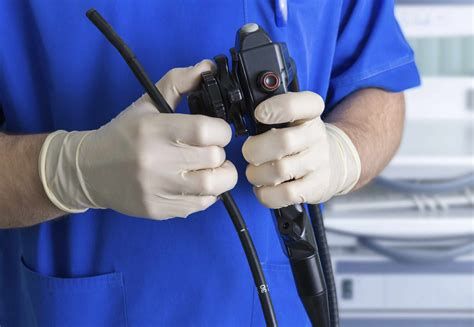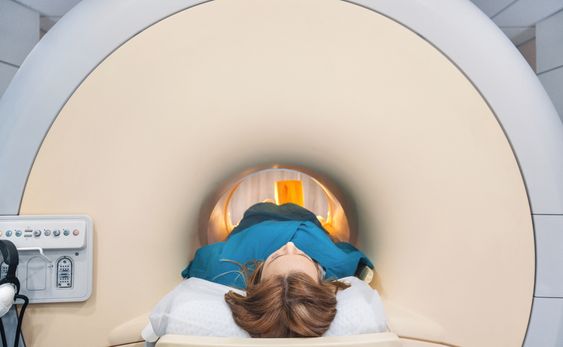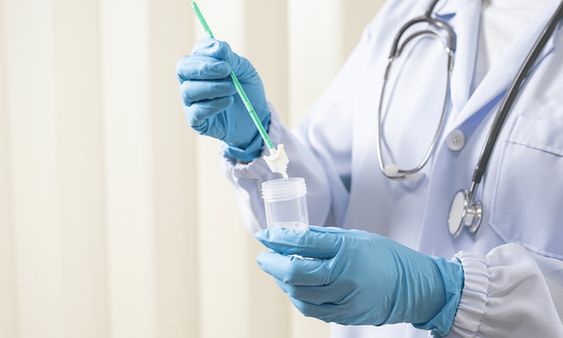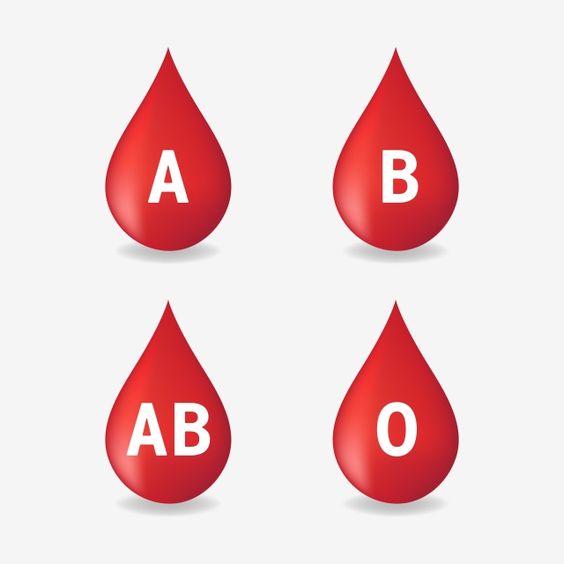Introduction
A mammogram is an X-ray picture of the breast. Doctors use it to look for early signs of breast cancer, even before there are any symptoms. Getting regular mammograms is one of the most important things you can do for your health.

Mammograms are used to detect breast cancer in its early stages, when it is most treatable. The procedure is quick and relatively painless. During a mammogram, your breast is placed on a platform and compressed with a paddle. This may cause some discomfort, but it only lasts for a few seconds.
Why are Mammograms Important?
Mammograms are important because they can help detect breast cancer early, when it is most treatable. Early detection of breast cancer can increase your chances of survival.
When Should You Start Getting Mammograms?
The general recommendation is to start getting mammograms every year starting at age 40. However, you should talk to your doctor about what's right for you. Your doctor may recommend starting mammograms earlier if you have a family history of breast cancer or other risk factors.
What Happens During a Mammogram?
During a mammogram, you will be asked to undress from the waist up and put on a gown. You will then stand in front of an X-ray machine. A technician will place your breast on a platform and compress it with a paddle. This may cause some discomfort, but it only lasts for a few seconds.
The technician will take images of your breast from different angles. The entire process takes about 15 minutes.
What are the Risks of Mammograms?
The risks of mammograms are very low. The amount of radiation used in a mammogram is very small.
What Happens If an Abnormality is Found?
If an abnormality is found on your mammogram, your doctor may recommend additional tests, such as a biopsy. A biopsy is a procedure to remove a small sample of tissue from the breast so that it can be examined under a microscope.
Conclusion
Mammograms are an important tool for detecting breast cancer early. If you are 40 or older, talk to your doctor about getting regular mammograms.





